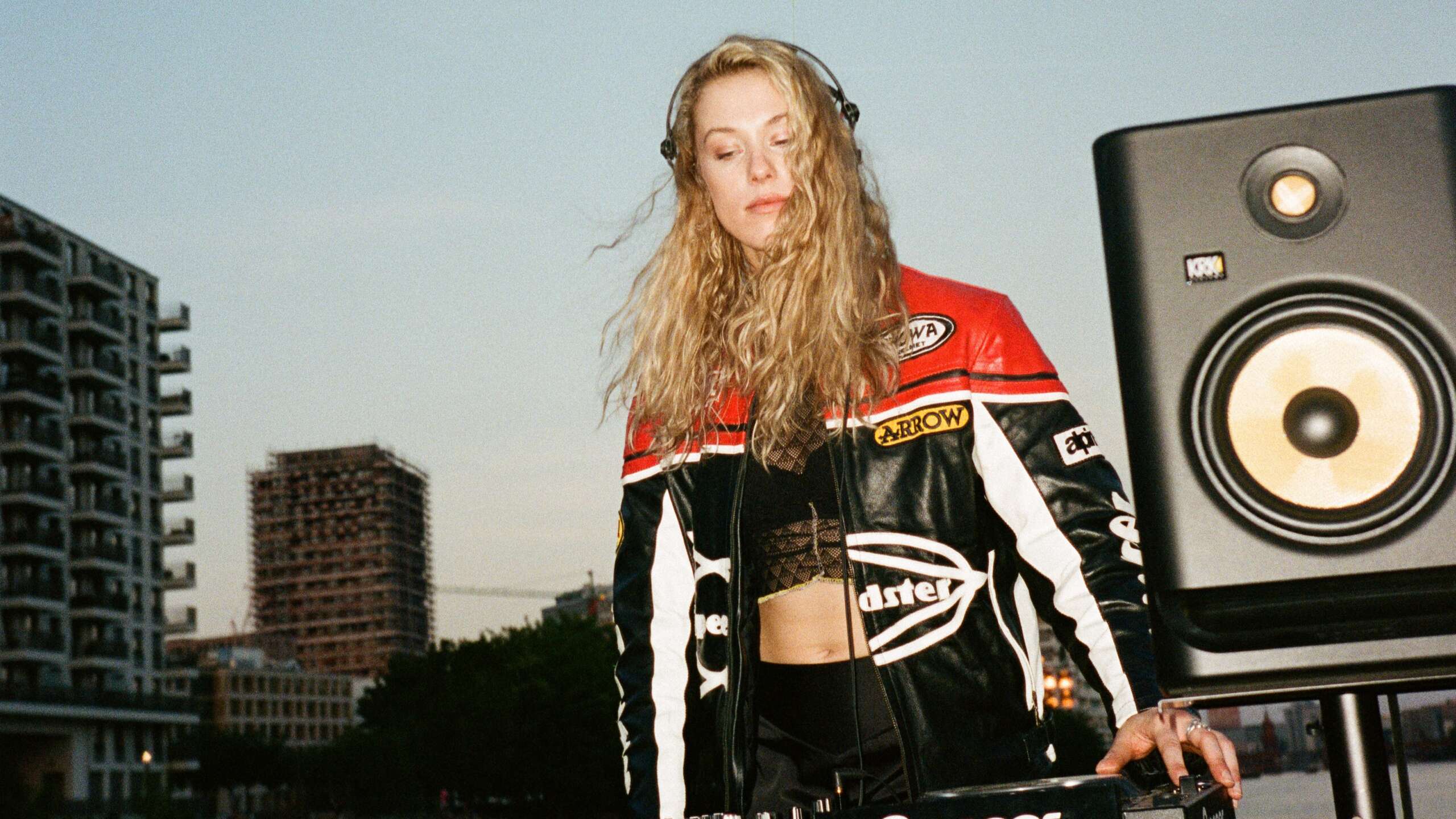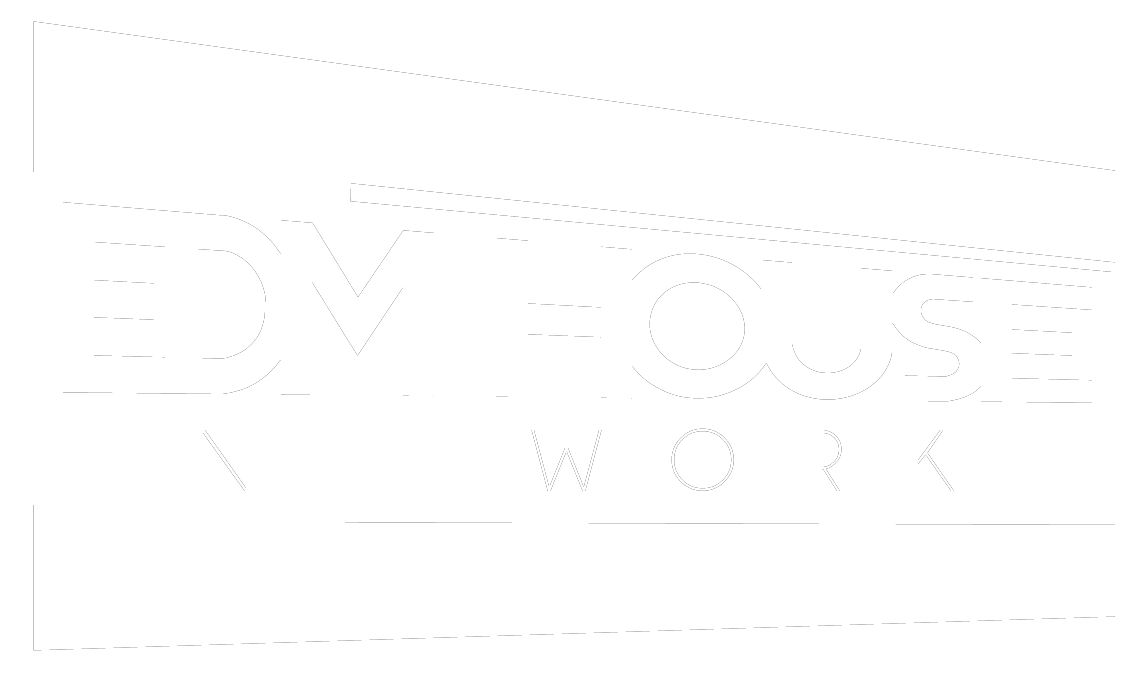Hailing from a unique blend of British and Norwegian influences, FORTELLA‘s journey is nothing short of extraordinary. With a humble yet pivotal moment of inspiration in a London nightclub, she found her calling and embarked on a musical odyssey. This is a story of passion, persistence, and breaking barriers in a male-dominated industry. In this exclusive interview, we delve into the pulsating heart of FORTELLA‘s experiences, from the buzzing atmosphere of Amsterdam Dance Event to her creative process, industry challenges, and exciting projects on the horizon.
Hello Fortella, how does it feel to be back at ADE?
I love it. I love the city, really good to be back. It’s gonna go really fast so we are already planning to come back next year.
Why should someone come to ADE?
Its like a home of bubbling dance music, people get together, you have meetings, events, you literally are back to back from interviews, meetings then you get to go to some parties and the public can also come to the events and listen to music.
Do you have a favorite thing to do in Amsterdam?
That’s a good question. I like to soak it all up, so walking around sounds really lame answer but I really enjoy it.
You’re not the first person to say that! Away from ADE and Amsterdam, let’s talk about your music. When you were creating your single ‘Still (I Got Summer On My Mind)’, did you have a feeling it would be a hit?
I think always the success will surprise you, as you always have to have the ambition to achieve that and you know in your heart that you’re going to do it one way or another because you’re going to work hard to do it. But then when it does happen, I still feel like it’s a nice surprise.
Did you feel the pressure to follow up that one with another hit?
Yeah, you do. But then I think you also have to take that away and you have to enjoy it and remember the reasons why we’re making music. Remember all the stuff I want to be known for as a DJ is there as well so it’s not all held onto just one thing such as a hit single.
Did you feel it was hard to make it in the industry as a female because it is very male dominated?
I still feel like so much more where I want to go but yeah, definitely, as you can kind of imagine it’s just a prejudice against being a woman. People just automatically assume things and they shouldn’t and that’s basically it. I think people are also getting pulled up on it, if someone is showing that behavior to disregard someone, other people will then pull them up for that and they will be like you shouldn’t act that way.”
Do you have anyone who helped you take the steps to grow to where you are now?
Definitely the whole team around me of people who are really supportive and without them, you can’t do it by yourself.
Do you have any dream collabs?
Yeah, I think the list is endless. Tiesto is definitely one, you know, David Guetta, some of the big people because I really respect how hard they’ve worked to get to where they are and the music shows for it.
Do you prepare differently for a set at ADE compared to your usual shows?
Well, I kind of organize my sets as a little bit more of a mash up because I used to be a resident, I played lots and lots of different genres of music, so I like to have quite a quick set without being too quick. So I plan a lot of like hotkeys and loops and jump between tracks and double drop things which wouldn’t necessarily be considered to be house or dance music, but I think now the lines are blurring and you can get more creative with it as long as it’s like electronic music, something like that. So I’d plan the set like that but then I’d read the dance floor too.
Thanks for taking the time to speak with me, do you have anything you’d like to announce to our readers?
Lots and lots of goals but I can’t say, so to be continued. There are some things I’m working on so keep an eye out for those!







